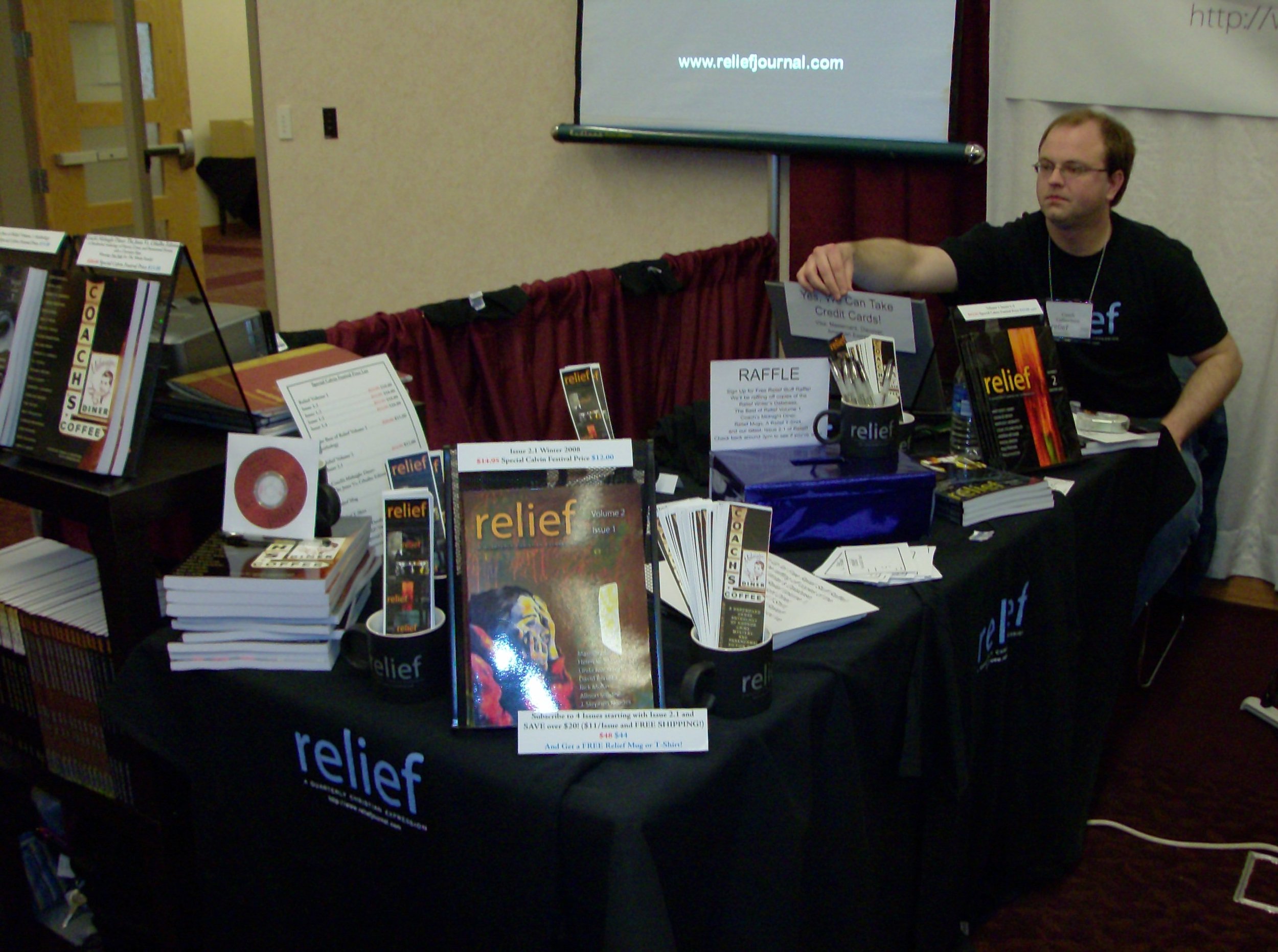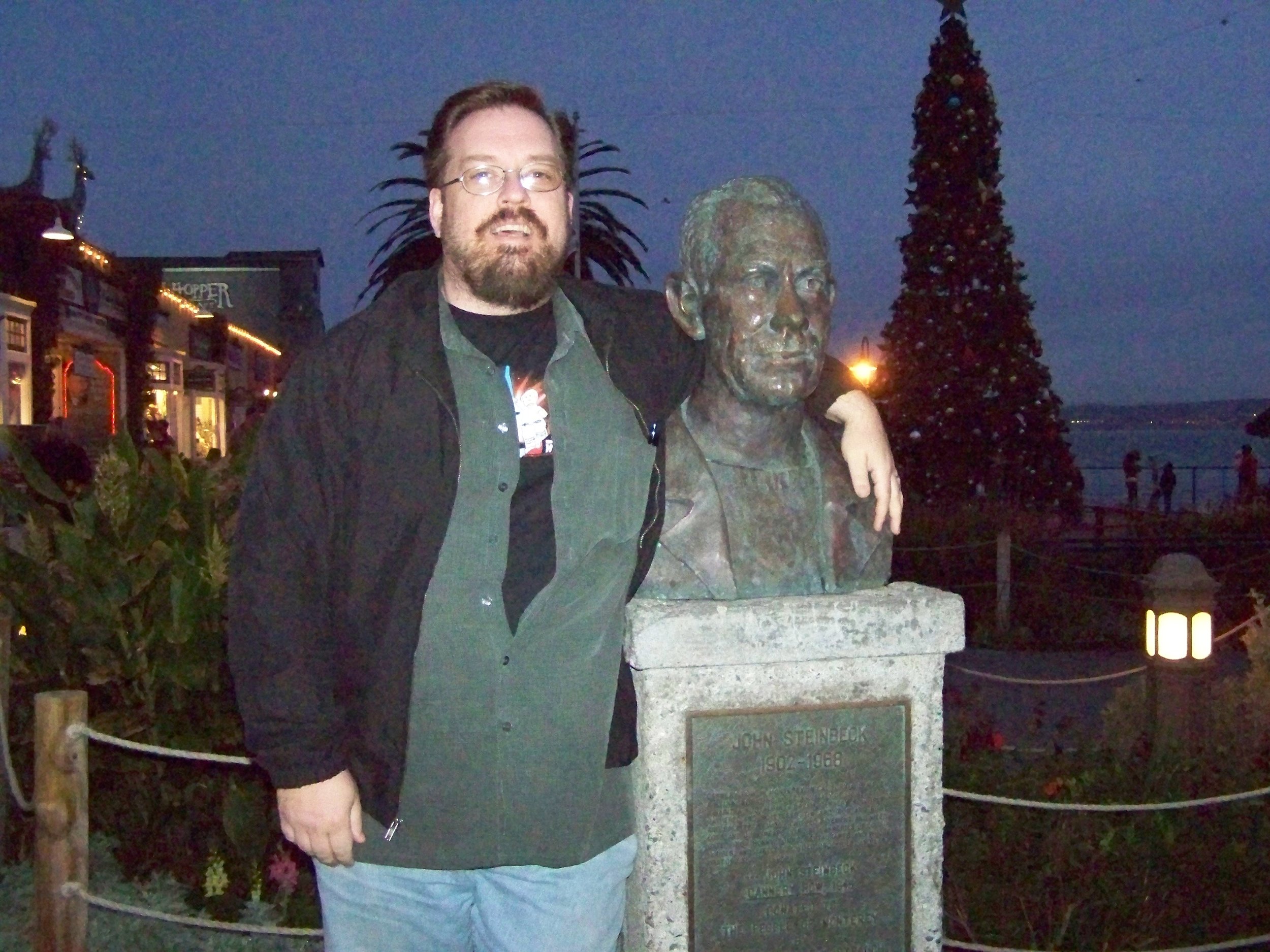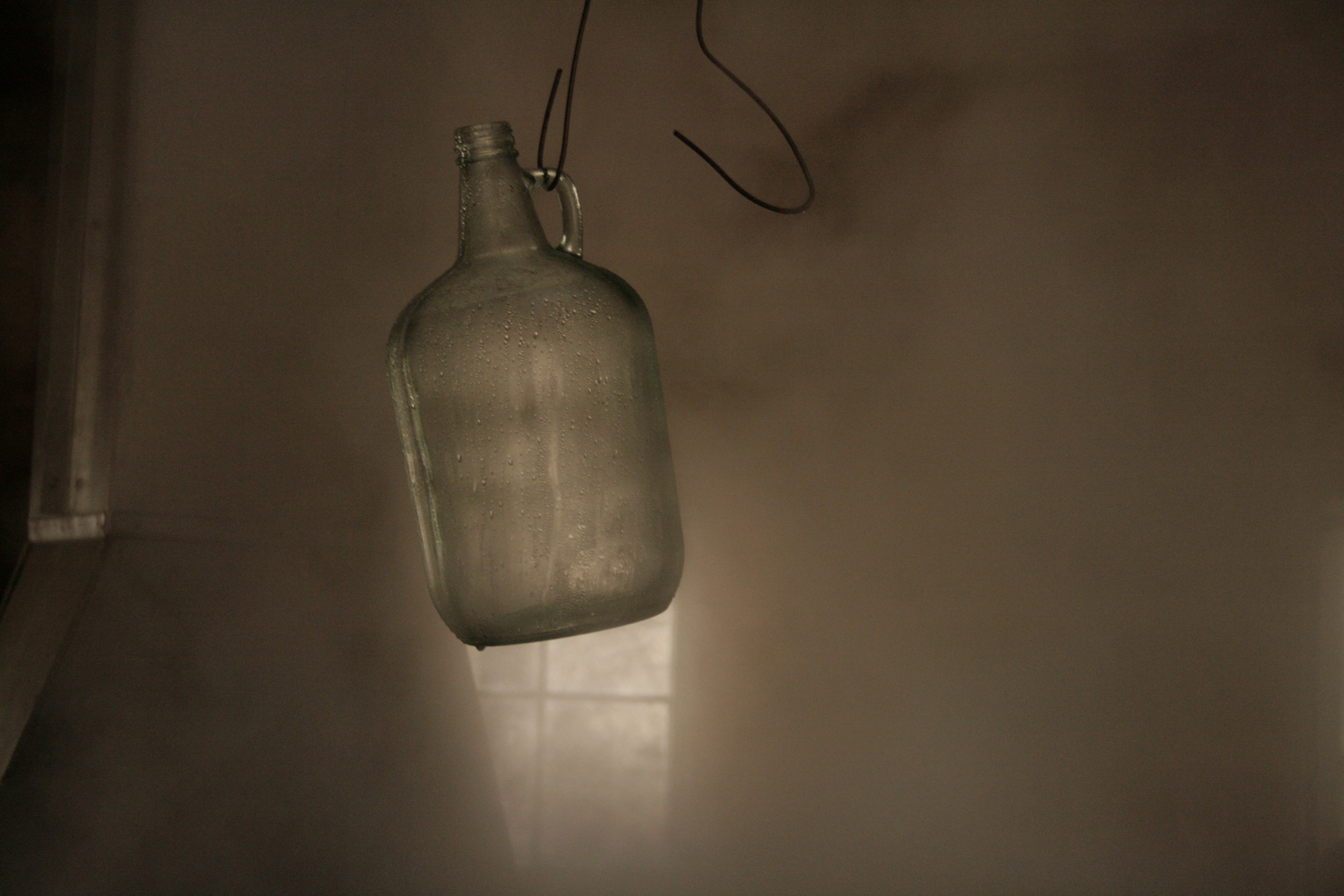Does it matter if the president believes in Jesus?
Travis Griffith
 Travis Griffith brings up a delicate topic that is sure to generate passionate response. We look forward to your thoughts!
Travis Griffith brings up a delicate topic that is sure to generate passionate response. We look forward to your thoughts!
Sometimes it's the little things that get me the most fired up.
While driving through the city on my way to a volunteer job where I work to advocate for children with speech delays, I saw a car with white writing plastered all over the windows.
My first thought was: 'Oh how cute. A teenage girl is on her way to a state volleyball tournament and her friends scrawled good luck messages on her car.'
But no. As I got closer I realized the white writing belonged to an adult and the message was much more disturbing.
It said:
"America needs Jesus, not Obama."
And it was written on every window except the windshield. This raised my ire for a couple reasons.
First, I don't believe America needs Jesus. I believe some people in America do, but the country as a whole does not.
Second, to completely disrespect the president by saying his country doesn't need him is decidedly unAmerican. (Though the right to publicly state that feeling is quite American.)
The guy who wrote that phrase on his car is obviously a religious and Christian person. I wonder if he realizes this: God tells Christians in His Word that we are to pray for those He has placed in authority over us. When God gave that command in chapter 2 of I Timothy, he was not only speaking of Godly leaders but all leaders. Whether you like President Obama or not, Christians, I think, should believe he was put into power by God, and thus need to respect him.
Rather than denounce the president, why not convey a message that asks folks to pray for him?
The message on that car seems so simple and straightforward at first glance, but to me it sums up a lot of what I see wrong with Christianity today.
When exactly did the name Jesus become a term to fling around as a way to defend intolerance? I have not accepted Jesus as any kind of personal savior because I believe humanity has effective been ly taken away everything that had once so beautiful about the person Jesus was.
That's why I don't care whether or not our current president (or any future president) accepts Jesus as his or her personal savior or ever even attends church. It doesn't matter. I'd rather see presidents govern based on what they feel is best for the country, guided not by an archaic set of ignorant, intolerant beliefs but by a strong compassion and love for all humankind.
Isn't it possible that the real savior of America is not Jesus or the president, but the people who live here? When intolerance and fear are removed and replaced with love, America will move forward.
Until then we'll be stuck in the dark, trying to scare each other with handwritten messages on our cars.
Do you believe a President of the United States should accept Jesus?
Love... to all.
***
Travis Griffith, who left behind the corporate marketing world, choosing family and writing in lieu of “a comfortable life” financially, is a former atheist trying to define what leading a spiritual life really means. His children’s book, Your Father Forever, published in 2005 by Illumination Arts Publishing Company, Inc. captures only a fraction of his passion for fatherhood.
***
Note from the Web Editor: The thoughts presented within this blog post are those of the individual author and do not necessarily reflect the beliefs of the entire Relief staff. Though there may be some differences between the journal’s theology and that of the author, we believe that the questions this author raises about faith and patriotism are important.
















